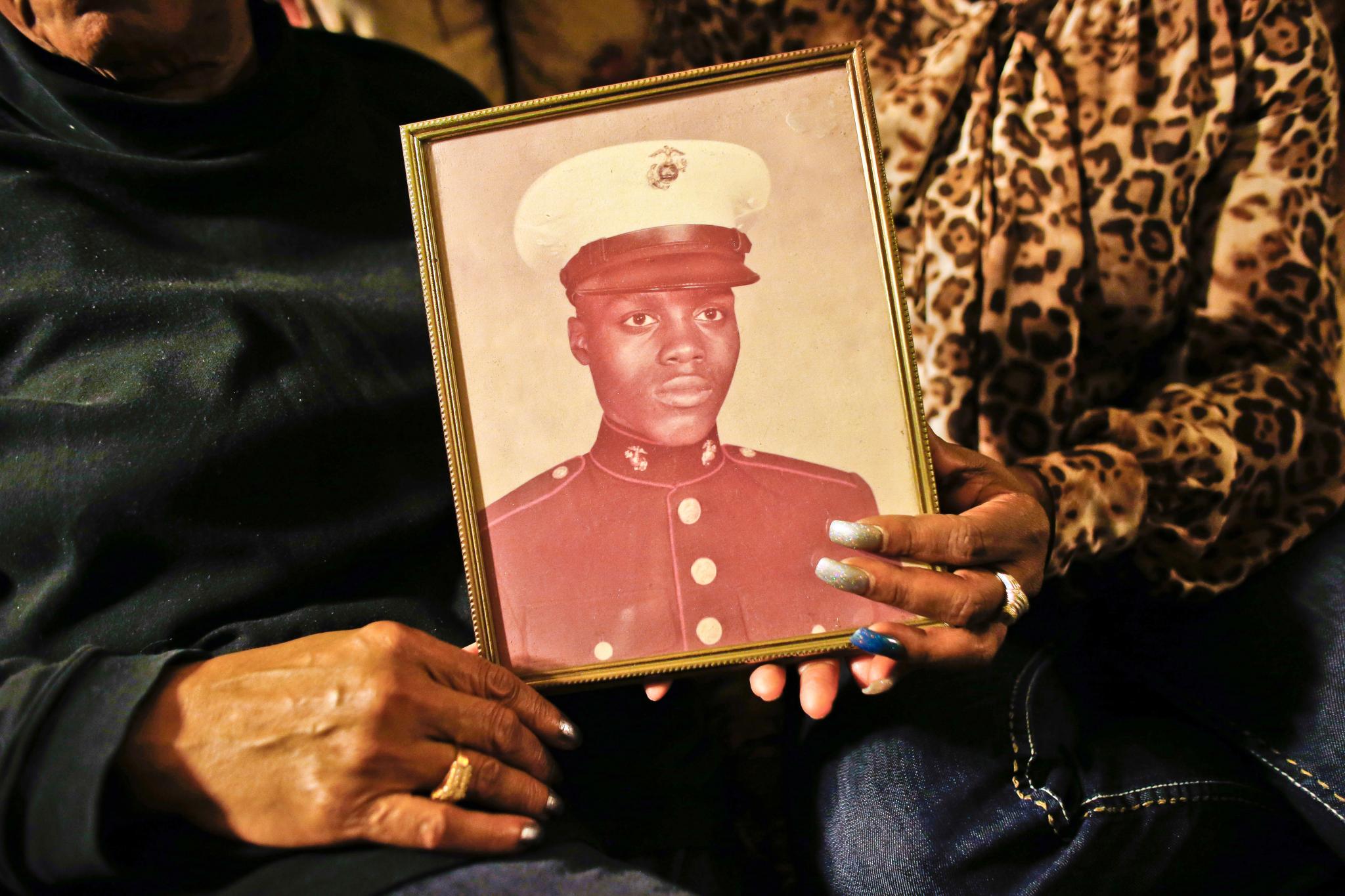
New York City mayor Bill de Blasio announced plans for a $130 million overhaul to reform the city’s prison system, according to The Wall Street Journal. The revamp could slash the number of inmates currently jailed at Rikers Island.
In recent years, the city has seen a growing trend of mentally ill offenders who are jailed for their crimes rather than receiving medical treatment. De Blasio’s four-year plan would help combat these imprisonments by training police officers to recognize those who suffer from mental illness and to take them to a healthcare facility rather than arresting them. The plan would also encourage judges to offer lesser punishments, such as supervised release programs, when sentencing mental health patients.
“This is going to be a long process by definition because it was not years, it was decades in the making,” de Blasio told reporters yesterday. “That’s how broken our correction system was.”
De Blasio and New York officials received backlash earlier this year after two inmates died while being held at Rikers. Jerome Murdough, an inmate who suffered from schizophrenia and depression, died after he was left in a cell that reached temperatures of more than 100 degrees. CBS New York reports that he was on suicide watch and was being held in a mental observation unit. He was supposed to be checked every 15 minutes. His body wasn’t discovered for four hours.
Bradley Ballard, another inmate who suffered from schizophrenia, died after disfiguring himself, according to CBS New York. The 39-year-old was left in solitary confinement for seven days, where he was denied his medications.
According to ABC News, 40 percent of the 11,000 inmates at Rikers suffer from some sort of mental illness.







“[Mental illness] is probably the number one issue facing the criminal justice system,” Richard Aborn, president of Citizens Crime Commission of New York City, told the Journal. “We could achieve far more crime reduction by identifying, as early as possible, those offenders with mental-health issues.”
The proposal would also offer therapy and rehab services to the prisoners, as well as aid reentry programs, insurance coverage, and housing for inmates once they are released from the system.
“In order to address the array of problems here, we really had to look at the system as a whole,” Criminal Justice Coordinator Elizabeth Glazer told ABC news.






